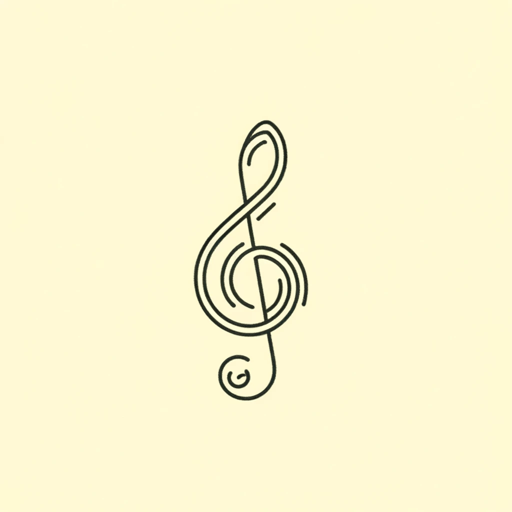38 pages • 1 hour read
Walt WhitmanI Hear America Singing
Fiction | Poem | Adult | Published in 1860A modern alternative to SparkNotes and CliffsNotes, SuperSummary offers high-quality Study Guides with detailed chapter summaries and analysis of major themes, characters, and more. For select classroom titles, we also provide Teaching Guides with discussion and quiz questions to prompt student engagement.
Themes
The Role of the Poet
At the center of a poem that so baldly celebrates working and the rewards of having an occupation is a most complicated question, never actually addressed, of what exactly is the work of a poet? It is after all the poet’s song we actually hear.
In a poem that celebrates other occupations that clearly focus on pragmatic productivity—boats docking safely, clothes getting washed, bricks being laid, timber being felled—the central figure, really the only figure in the poem, is the poet/speaker. What does a poet do? Before Whitman’s generation, the answers were fairly clear. Poets either tell stories, fictional or historical, in lines of engaging sonic delight that manipulate rhythm and rhyme to enhance the reading/listening experience and at the same time reveal the poet’s deft command of language, or they use the chiseled lines of carefully metered poetry to inspire, to share lessons, to teach insights to live better, more moral lives.
Neither appears to apply here—the poem offers no tidy moral insight, it shares no story, and its manipulations of language, its rhythm and rhyme schemes, seem at best careless and at worst juvenile. What then is the poet’s work? Infused by the soaring arguments of Whitman’s generation of Transcendentalists with their conception of a material world that sustains a profoundly spiritual reality, Whitman offers a third possible role for the poet: a spiritual seer, a mystic, more like a religious figure or prophet than an artist, not just inspiring but radically realigning the axis of the listener’s perception of the world.
Related Titles
By Walt Whitman

A Glimpse
Walt Whitman

America
Walt Whitman

A Noiseless Patient Spider
Walt Whitman

Are you the new person drawn toward me?
Walt Whitman
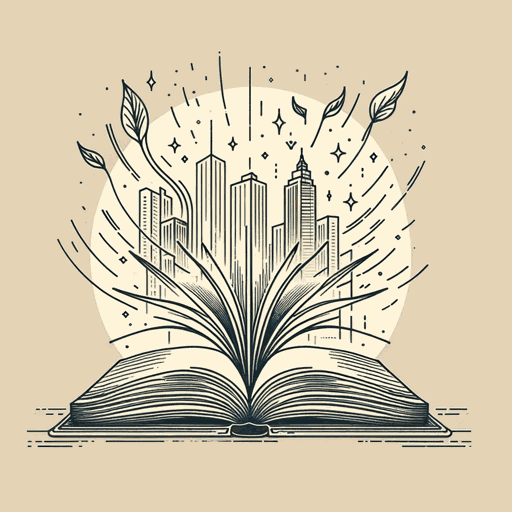
As I Walk These Broad Majestic Days
Walt Whitman

Crossing Brooklyn Ferry
Walt Whitman
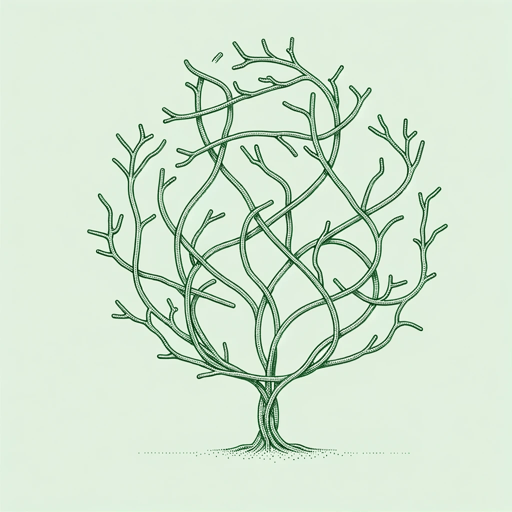
For You O Democracy
Walt Whitman
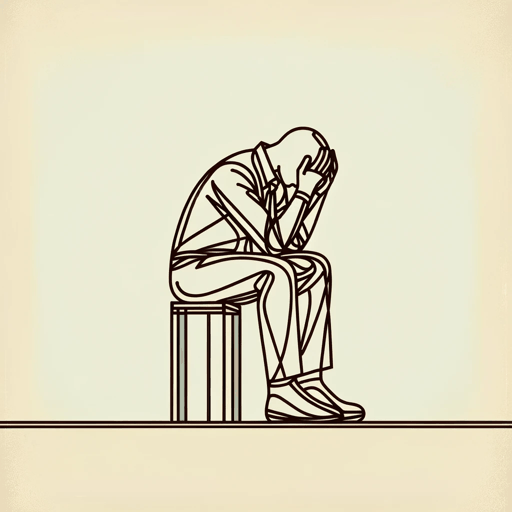
Hours Continuing Long
Walt Whitman

I Sing the Body Electric
Walt Whitman

I Sit and Look Out
Walt Whitman

Leaves of Grass
Walt Whitman

O Captain! My Captain!
Walt Whitman
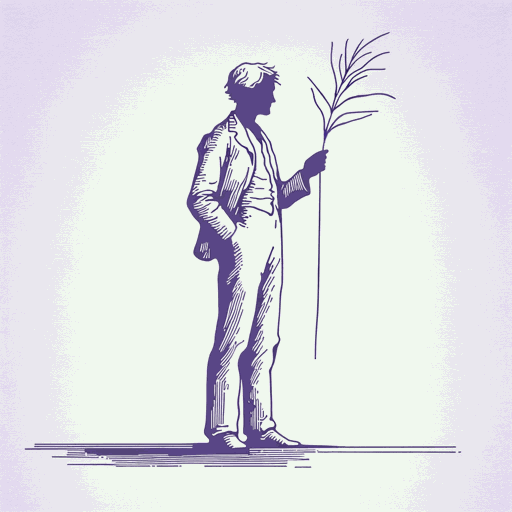
Song of Myself
Walt Whitman

Vigil Strange I Kept on the Field One Night
Walt Whitman

When I Heard the Learn'd Astronomer
Walt Whitman

When Lilacs Last in the Dooryard Bloom'd
Walt Whitman
Featured Collections
American Literature
View Collection
Community
View Collection
Modernism
View Collection
Modernist Poetry
View Collection
Nation & Nationalism
View Collection
Required Reading Lists
View Collection
School Book List Titles
View Collection
Short Poems
View Collection
Teams & Gangs
View Collection
Valentine's Day Reads: The Theme of Love
View Collection
